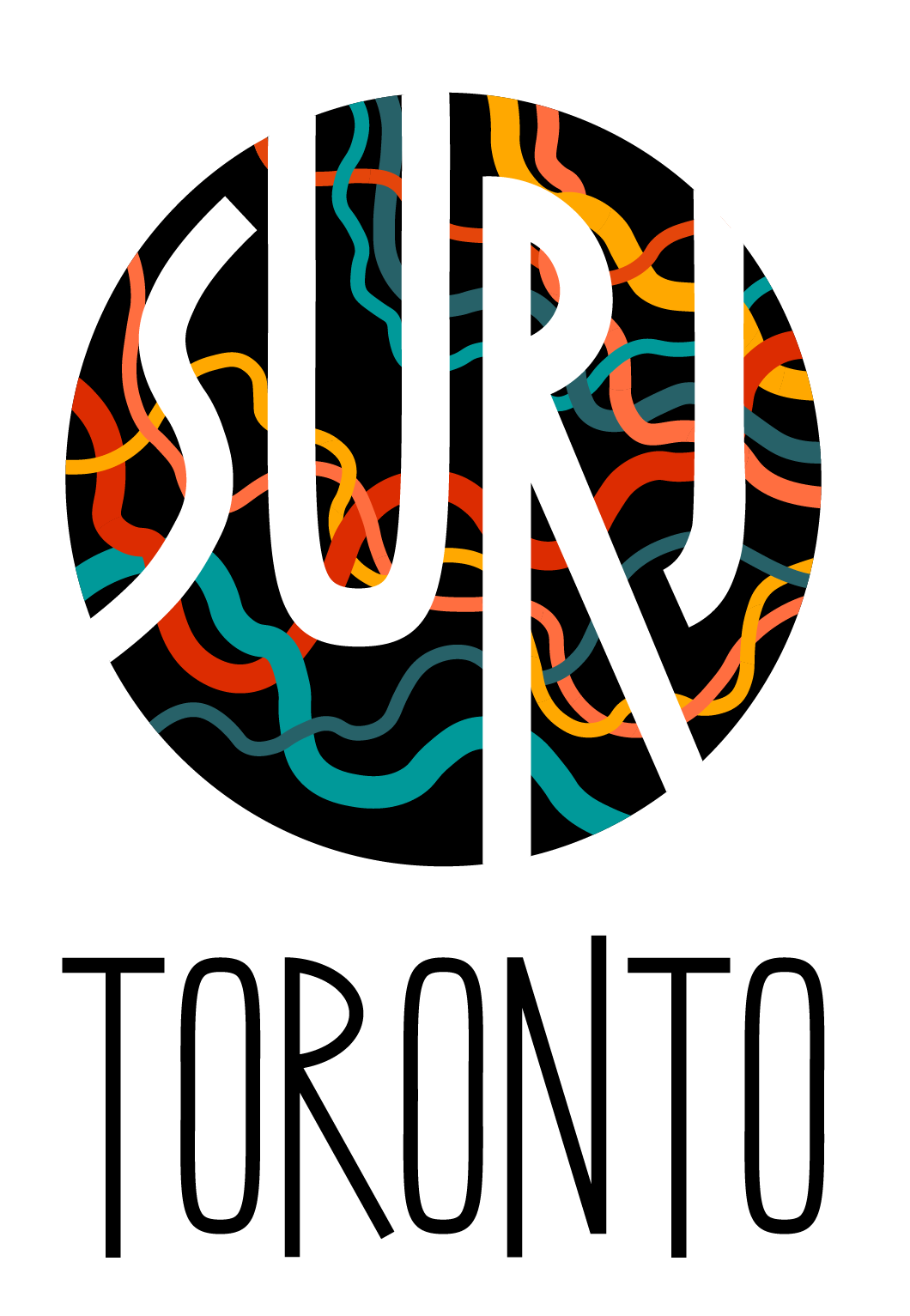Land Acknowledgement at SURJ Toronto
Last Updated: April 2023
This land, on the north shore of Lake Ontario and fed by the Humber, Don, and Rouge Rivers, has been a site of human history for thousands of years. Indigenous Nations, including the Anishinaabe, the Wendat, and the Haudenosaunee, have cared for and been in reciprocal relationship with this land since time immemorial. Today, the meeting place of Toronto is home to many diverse First Nations, Inuit, and Métis people from across Turtle Island – and indeed, to Indigenous people from around the world.
As settlers who organize on this land, we recognize that our historical and current context is one of colonial violence and dispossession. We seek to be accomplices in dismantling colonialism and repairing its harms, and we celebrate and honour Indigenous sovereignty, resistance, and resurgence.
Toronto is subject to Treaty 13 with the Mississaugas of the Credit, signed by representatives of the King of England (referred to as “the Crown”; in effect, the settler colonial government), and the Williams Treaties signed by the Crown with multiple Mississaugas and Chippewa First Nations. Contrary to the colonial narrative, these treaties were not land purchases and did not grant consent for displacement and settler dominance. A rich history of Indigenous diplomacy offers alternative narratives, rooted in relationship and reciprocity, to the colonial story of conquest and ownership.
The Two Row Wampum, between the Dutch and the Haudenosaunee, with its parallel rows of white and purple beads, expresses a relationship of respect and mutuality rather than the hierarchical one the colonizers sought to impose. Settlers and Indigenous Nations must travel side by side, neither interfering with the other’s way of life. The Treaty of Niagara covenant chain, between the British and the Anishinaabe, expresses an ongoing relationship that must be tended to and renewed. Relationships between peoples need consistent nourishment, in the same way that the chain must be polished from time to time. The Dish with One Spoon wampum belt, initially between the Anishinaabe and Haudenosaunee, eloquently expresses an ethic of mutual caring and sharing for the territories around the Great Lakes. When the dish is passed around, each party takes only what they need, ensuring that there is ample abundance for all. And there are no knives at the table.
At SURJ Toronto, a predominantly white settler activist organization that works to dismantle white supremacy and colonialism, we honour our relationships with grassroots Indigenous organizations that share these goals by, for example, redistributing funds, supporting direct actions and demonstrations, and amplifying messaging and events in our communications. We work in solidarity with grassroots partners who are caring for their communities and working to upend colonization. These include Indigenous-led organizations such as:
and solidarity groups such as
We recognize that our efforts are imperfect, and that we participate in and benefit from the ongoing harm of colonization. We commit to an ongoing process of learning, accountable action, and solidarity with Indigenous-led struggles for justice, sovereignty, and decolonization.
SURJ Toronto offers these words in humility. We welcome feedback and critique, and intend to periodically revisit and update this acknowledgement.
